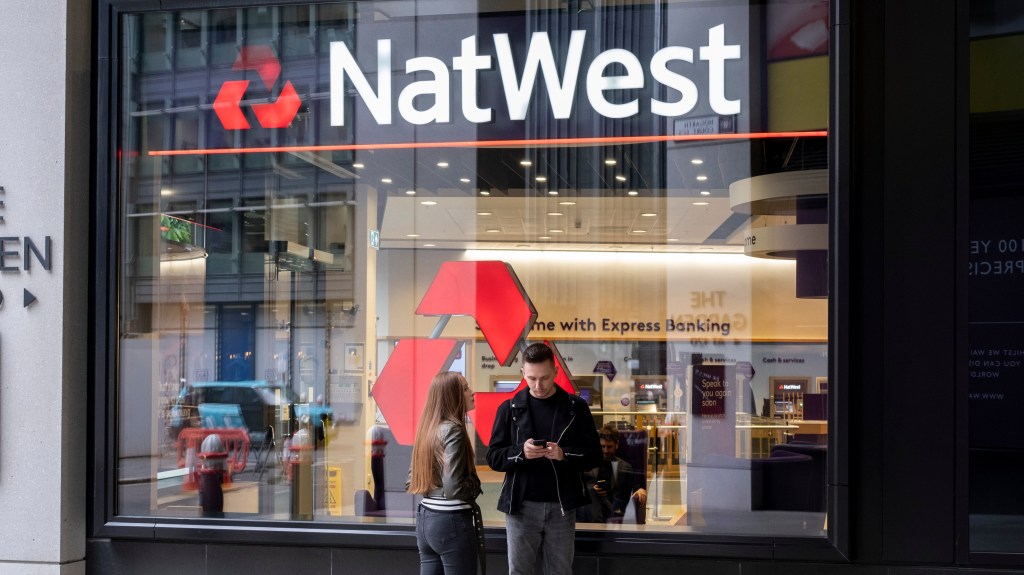NatWest Sees Profit Surge of 25.7% to £1.7 Billion
NatWest has reported a significant increase in quarterly profits, fueled by a rise in both deposits and lending, which counterbalanced the challenges posed by its involvement with Thames Water.
The bank’s operating pre-tax profits for the quarter ending September soared by 25.7% to approximately £1.7 billion, surpassing the City analysts’ forecast of £1.5 billion. This positive performance led to a momentary spike in the bank’s shares, reaching their highest point in over nine years.
Despite this profit increase, NatWest did register a larger-than-expected provision for potential bad loans, amounting to £245 million during the period. This provision was partly attributed to a £109 million impairment within its commercial and institutional division. Analysts had predicted bad loan charges around £173 million for the same timeframe.
Paul Thwaite, the bank’s CEO, commented that while impairments in the commercial division are usually minimal, they can occasionally be significant. He refrained from naming specific clients, but it is noted that NatWest has lent to Thames Water, which is currently facing financial difficulties, contributing to the bank’s increased credit loss provisions.
Despite these challenges, Thwaite emphasized that NatWest’s underlying impairments are still at a low level and celebrated the strong performance of the bank.
During the quarter, customer deposits increased by £2.2 billion, bringing the total to £427.4 billion. Lending also rose by £8.4 billion to £363.7 billion, aided by a £2.3 billion rise following the recent acquisition of a mortgage portfolio from Metro Bank.
This strong growth led NatWest to revise its forecasts for the full year, predicting a return on tangible equity exceeding 15%, an improvement over the previous expectation of above 14%.
Analysts at Jefferies described the results as a strong overall performance. On the market, shares closed up by 2p, or 0.6%, at 364p on Friday.
This announcement is beneficial for Thwaite, who took the helm in July of the previous year after the abrupt departure of Dame Alison Rose, his predecessor, following controversies related to Nigel Farage’s bank accounts.
As one of the major lenders in Britain, NatWest has about 16% public ownership, a result of a £45.5 billion bailout during the financial crisis.
The government has been gradually decreasing its stake in NatWest through a planned trading strategy, but there is speculation about a possible larger share sale to institutional investors, similar to past transactions.
Concerns about the upcoming Labour government’s budget, which may include tax increases, are creating uncertainty for NatWest and the broader banking sector. Thwaite noted that while the UK economy showed unexpected strength this year, recent months have seen a slight decline in business and consumer confidence due to ongoing uncertainties.
He added, “This uncertainty extends beyond the UK budget, encompassing the US elections and various geopolitical tensions as well. While spending on smaller items has increased, consumers are postponing larger purchases and saving more than they did prior to the pandemic.””




Post Comment